According to leading Ebola experts, major cuts in funding from the U.S., Britain, and European governments to the World Health Organization (WHO) contributed to critical delays in responding to the Ebola outbreak in west Africa, which allowed the epidemic to spin out of control. Citing the international recession, Western governments dramatically reduced their contributions to the WHO, and also failed to implement much-needed structural reforms.
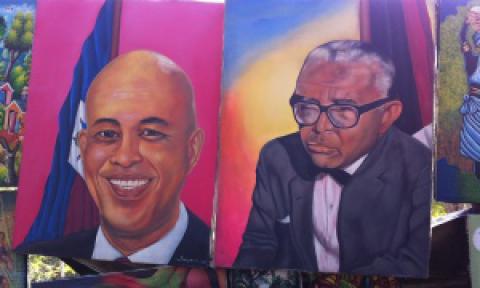
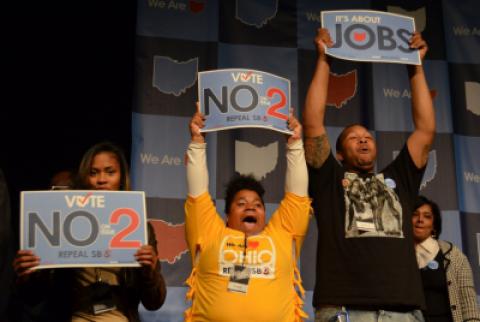
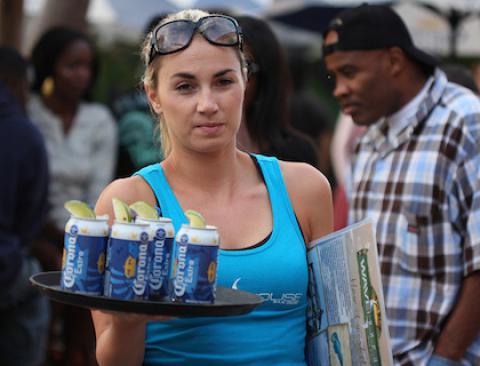
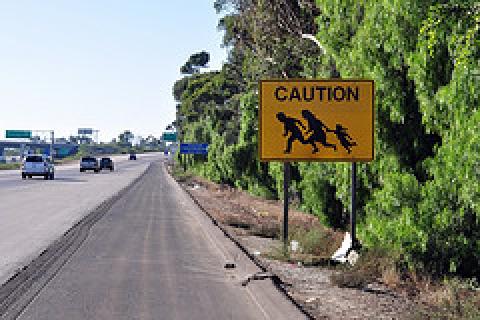
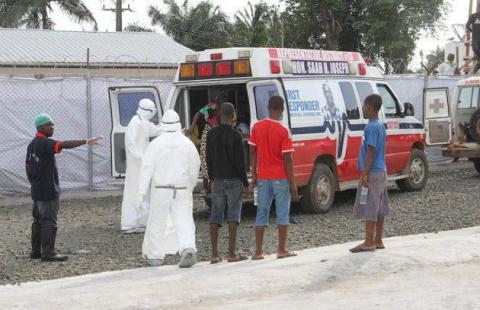
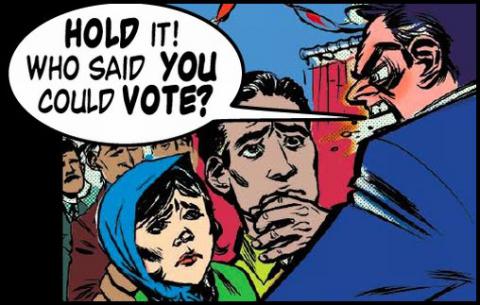
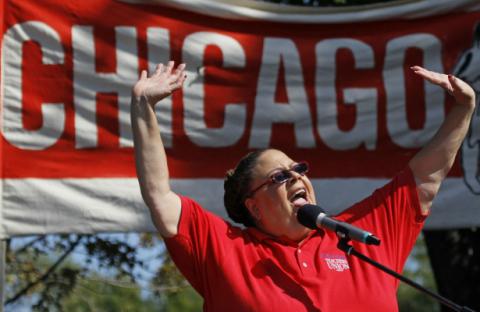
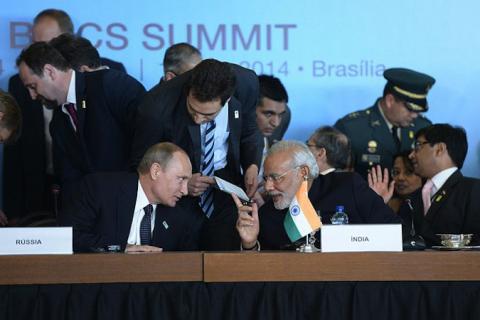
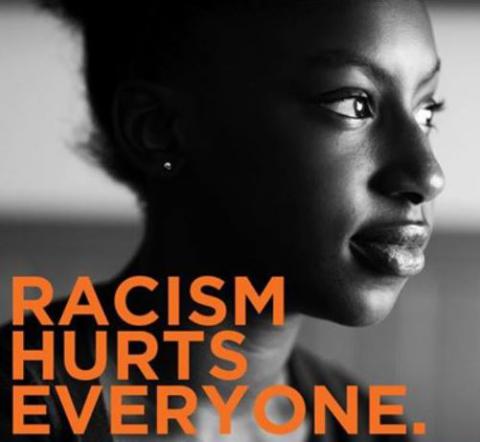
Spread the word